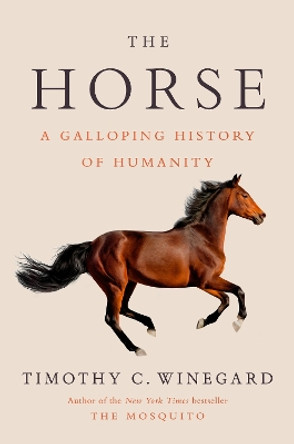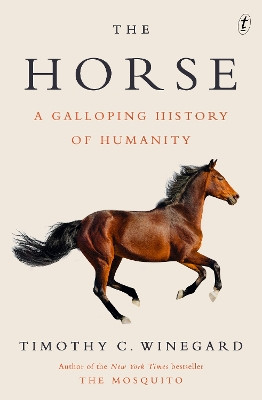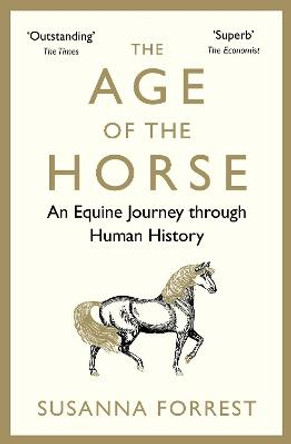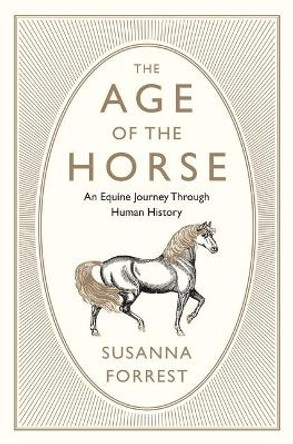The horse is surely the 'aristocrat' of animals domesticated by man. This book assesses the impact of the horse on human society from 4000 BC to AD 2000, by first describing initial horse domestication on the Pontic-Caspian steppes and the early development of driving and riding technologies. Horse-chariotry and cavalry in effect changed the nature of warfare in the civilisations of the Middle East, India, and China. Beyond the battlefield, horsepower also afforded great advances in transport, agriculture, industry, and science. Rapidity of horse communications forged far-flung equestrian empires, where language, law, weights, measures, and writing systems were standardised and revolutionary technologies and ideas were disseminated across continents. Following Columbian contact, Old and New World cultures are evaluated in terms of presence or absence of the horse and Spanish conquest of the horseless America is seen as the model for subsequent European equestrian colonisation of horseless territories around the world.
The book assesses the impact of the horse on human society from 4000 BC to AD 2000.About the AuthorPita Kelekna holds a Ph.D. in anthropology from the University of New Mexico. Early fieldwork in indigenous societies of the Americas and later research conducted across the Middle East, Central and East Asia have well equipped her for this world-wide analysis of the importance of the horse in human society. She is a member of the New York Academy of Sciences and the American Anthropological Association.
Reviews'... a fascinating study in which anthropology and history work well together.' Contemporary Review
Book InformationISBN 9780521516594
Author Pita KeleknaFormat Hardback
Page Count 476
Imprint Cambridge University PressPublisher Cambridge University Press
Weight(grams) 750g
Dimensions(mm) 235mm * 158mm * 26mm









